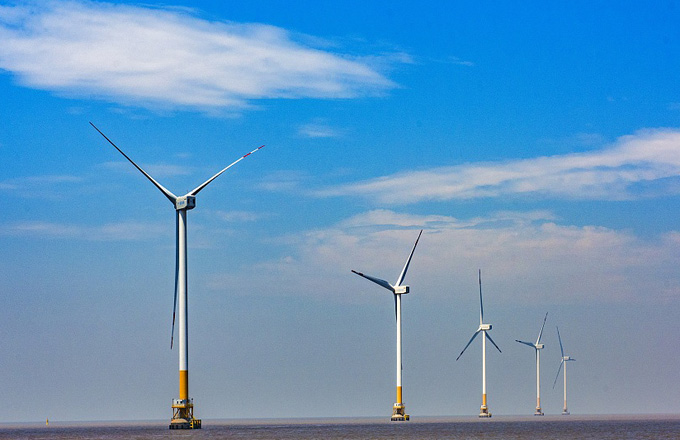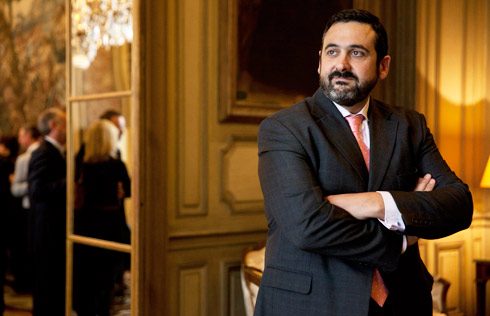Emerging markets to weather capital outflows on QE3 exit
WASHINGTON - Despite a more resilient US economy, the uncertainty caused by US central bank chief's talk of taking foot off the monetary accelerator leads to greater volatility of capital flows, while emerging market (EM) economies should take flexible measures to cope with the challenges, said economists from the Institute of International Finance (IIF).
Within expectation
US Federal Reserve policymakers Wednesday painted a brighter picture of US economy on the back of a housing recovery. After a policy meeting, the Fed Chairman Ben Bernanke told reporters that later this year the central bank would start scaling back its massive bond-buying program, the so-called QE3, if the economy improves as expected and may end it by mid-2014 altogether.
"The US economy is showing resilience against strong fiscal headwinds. We expect growth to accelerate gradually in the second half of 2013 and further in 2014," Robin Koepke, an IIF associate economist, said in a recent interview.
"In our view, economic conditions are correctly perceived to have improved sufficiently to warrant contemplating a scaling back of QE and to start a process of normalization. It is important to note that an actual tightening of policy (raising rates) is still some way off," Koepke contended.
Bernanke's announcement was largely in line with market expectation. However, some experts, including James Bullard, president of the Federal Reserve Bank of St. Louis, believed that setting out the QE3 exit timetable now was premature.
"The Fed's expected timing of both the reduction of purchases and the end of QE3 were broadly in line with our expectations and market expectations," Koepke said. The Washington-based IIF has forecasted for a while for the Fed to taper off bond purchases around the fourth quarter of 2013, while Bernanke's indication of mid- 2014 as the end of QE3 is a few months later than the IIF's estimate.



















